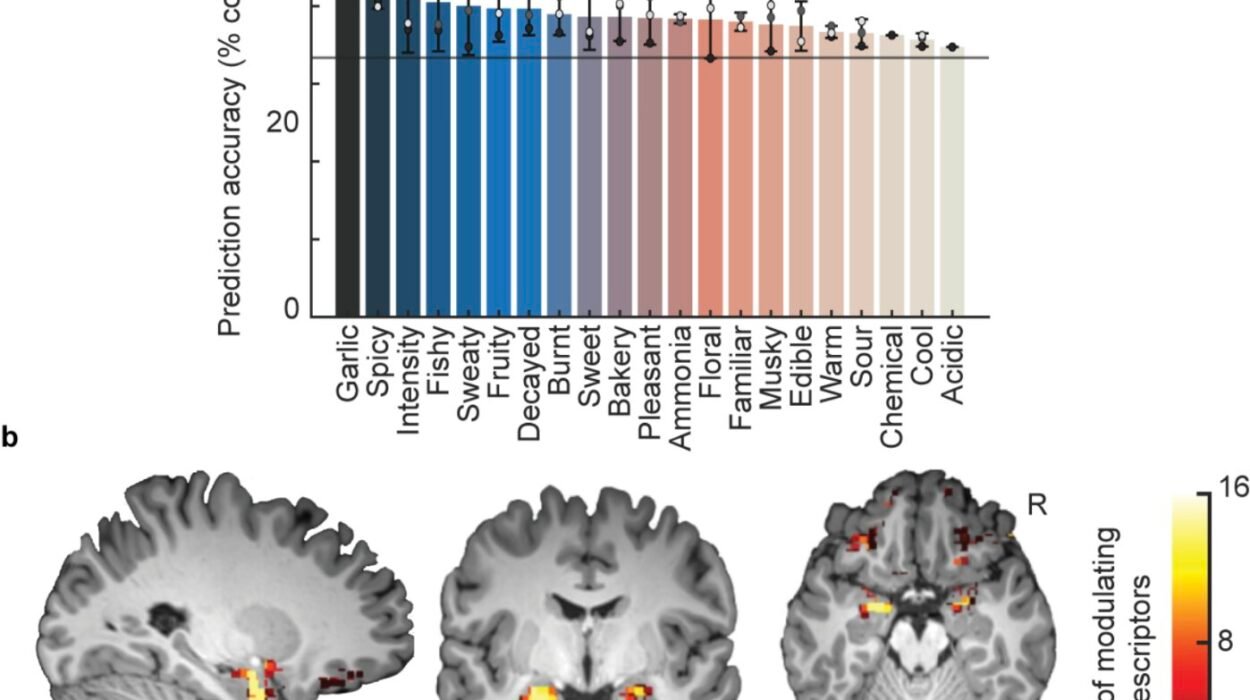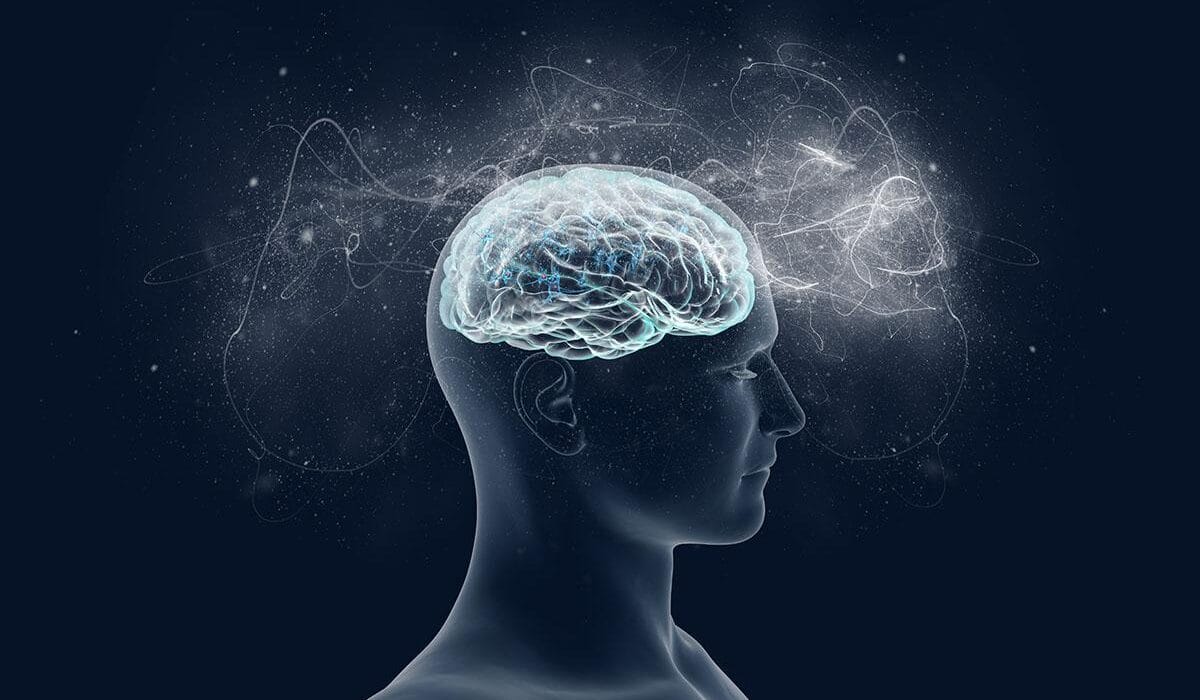Your brain is the most remarkable organ you will ever possess. It is the conductor of your body’s symphony, the sculptor of your personality, the keeper of your memories, and the engine of your creativity. When it thrives, you thrive. When it falters, even the simplest of tasks feel impossible. Yet unlike a machine that inevitably wears down, your brain has a special gift: plasticity—the ability to rewire, adapt, and grow stronger throughout life.
Every single day, the choices you make either nourish this living treasure or slowly erode its brilliance. What you eat, how you move, how you rest, and even how you speak to yourself leave lasting imprints on your neural circuits. To keep the mind sharp is not a luxury reserved for scholars or scientists—it is a birthright for every human being who wishes to live with clarity, focus, and vitality.
Science has revealed that while genes play a role, daily habits shape the destiny of your brain far more powerfully than we once believed. The good news? You hold the brush that paints your cognitive future.
The Science of a Sharp Mind
Before diving into habits, it is worth pausing to ask: what does it mean to have a “sharp” brain? A sharp mind is not merely about remembering names or solving puzzles. It is about clarity of thought, the ability to focus, resilience under stress, emotional balance, and adaptability in a world that constantly changes.
Cognitive sharpness involves multiple dimensions:
- Memory, the ability to retain and recall information.
- Attention, the ability to focus amidst distraction.
- Processing speed, the quickness with which you interpret information.
- Flexibility, the capacity to adapt and shift perspectives.
- Creativity, the skill of connecting ideas in novel ways.
- Emotional regulation, the ability to maintain balance and clarity.
All of these depend on the health of neurons, the integrity of connections (synapses), and the nourishment of brain structures like the hippocampus (key for memory) and prefrontal cortex (essential for decision-making). When you engage in the right daily practices, you preserve and even enhance these functions, keeping your brain vibrant across decades.
Nourishment for the Mind: The Role of Food
The brain is an energy-hungry organ, consuming about 20% of the body’s total energy despite weighing only about 2% of body mass. What you feed it matters immensely. Diet is not merely about physical health; it directly affects cognition, mood, and memory.
Foods rich in omega-3 fatty acids, such as salmon, walnuts, and flaxseeds, fortify neuronal membranes and improve communication between brain cells. Antioxidant-rich berries protect against oxidative stress, which otherwise damages neurons over time. Dark leafy greens, with their abundance of vitamins like folate and vitamin K, support neurogenesis—the birth of new neurons. Even spices like turmeric, with its active compound curcumin, have been linked to reduced inflammation and improved memory.
Conversely, diets heavy in processed foods, refined sugars, and trans fats accelerate cognitive decline. Sugar spikes may bring temporary alertness, but they leave behind crashes that impair focus. Chronic inflammation from poor diets is increasingly recognized as a silent thief of mental sharpness.
Eating for your brain is not about restriction but celebration: colorful plates, varied textures, and natural ingredients that bring joy and longevity to your mind.
Movement as Medicine
When you exercise, it is not just your muscles that grow stronger—it is your brain as well. Physical activity increases blood flow, delivering oxygen and nutrients to the brain. More importantly, it stimulates the release of growth factors like brain-derived neurotrophic factor (BDNF), often described as “fertilizer for the brain.”
BDNF encourages the survival of neurons, the formation of new synapses, and even the growth of new brain cells in the hippocampus. This is why exercise has been repeatedly linked to improved memory, sharper attention, and reduced risk of cognitive decline.
Aerobic exercises—walking, running, swimming, cycling—are particularly powerful for brain health. Yet resistance training also contributes, as strong muscles improve insulin sensitivity and metabolic health, indirectly protecting cognition. Even gentle practices like yoga and tai chi combine physical movement with mindfulness, enhancing both body and brain.
The magic lies in consistency. You do not need marathons or extreme workouts. A daily walk, a few minutes of stretching, or playful dancing in your living room can be enough to keep your neurons firing brightly.
The Healing Power of Sleep
In the modern world, sleep is often treated as optional, a luxury sacrificed to deadlines and distractions. But for your brain, sleep is as vital as oxygen. During deep sleep, the brain clears out waste products like beta-amyloid proteins—compounds associated with Alzheimer’s disease. This “cleaning system,” called the glymphatic system, functions almost exclusively during sleep.
Sleep also consolidates memories. When you learn something new, it is during sleep that these fragile imprints are replayed and integrated into long-term storage. Without adequate rest, information slips away like water through fingers.
Furthermore, sleep regulates mood and creativity. Dreams are not random; they weave together fragments of memory, allowing the brain to find patterns and insights that elude waking thought. Some of history’s greatest ideas—from scientific breakthroughs to artistic masterpieces—emerged from the dream state.
To sharpen your brain, treat sleep as sacred. Establish regular sleep-wake rhythms, minimize late-night screen exposure, and create a bedtime ritual that invites rest. Your brain, given the gift of deep sleep, will reward you with clarity, resilience, and brilliance.
The Art of Mindfulness and Meditation
Your mind is constantly bombarded by stimuli: notifications, conversations, background noise, and inner chatter. In this whirlwind, attention becomes fragmented, and the brain feels perpetually fatigued. Mindfulness and meditation offer a powerful antidote.
Mindfulness is the practice of paying deliberate attention to the present moment without judgment. Meditation, in its various forms, trains the brain to cultivate focus, calmness, and awareness. Neuroscience has shown that regular meditation increases gray matter density in the hippocampus, enhances connectivity in the prefrontal cortex, and reduces activity in the amygdala—the brain’s fear center.
This translates into sharper focus, better emotional regulation, and greater resilience to stress. Even a few minutes of daily meditation can reset your nervous system, restoring clarity to an overworked mind.
Mindfulness is not confined to sitting still. It can be practiced while eating, walking, or even washing dishes. The key is presence—allowing the brain to rest from its habitual scattering and gather its power in the now.
Learning as a Lifelong Journey
The brain thrives on challenge. Just as muscles weaken when unused, neurons wither when they are not stretched by novelty. Engaging in lifelong learning is one of the most potent habits for keeping your brain sharp.
This does not mean only formal education. It could be learning a new language, playing a musical instrument, mastering a craft, or even experimenting with a new recipe. Each novel activity forges new synaptic connections, increases cognitive reserve, and keeps neural circuits flexible.
Consider the stories of older adults who pick up painting in their seventies, or those who learn digital skills late in life. Their brains, far from declining, exhibit remarkable plasticity. Challenge and curiosity are the elixirs of a youthful mind.
Social Connections: The Brain’s Lifeline
Humans are social beings, and the brain is wired for connection. Meaningful social interactions are not just pleasant—they are essential for cognitive health. Loneliness and isolation, in contrast, are linked to accelerated cognitive decline and even higher risk of dementia.
Conversations, laughter, and shared activities stimulate multiple brain regions at once. They demand memory (recalling details), attention (listening), language skills (responding), and emotional processing (empathy). Social bonds also release oxytocin and dopamine, chemicals that reduce stress and enhance well-being.
Maintaining friendships, engaging in community, and nurturing family connections are daily habits that guard against mental dullness. In fact, studies show that social interaction is as protective for the brain as physical exercise or a healthy diet.
Managing Stress Before It Manages You
Stress is not inherently bad—it can motivate, energize, and focus. But chronic stress, left unchecked, becomes toxic. Elevated cortisol levels damage neurons in the hippocampus, impair memory, and reduce overall cognitive performance.
Daily habits that regulate stress are therefore indispensable. Deep breathing, journaling, time in nature, and creative expression all help recalibrate the nervous system. Even brief pauses throughout the day to step outside, stretch, or breathe slowly can protect your brain from the corrosive effects of prolonged stress.
The secret is not to eliminate stress entirely but to build resilience. A sharp brain is not one that avoids challenges but one that recovers quickly, adapts, and grows stronger from adversity.
The Power of Curiosity and Play
Children learn through play, but somewhere along the way, adults forget this simple truth. Play and curiosity are not frivolous; they are vital to keeping the brain sharp. Games, puzzles, humor, and even daydreaming stimulate creative pathways and keep the mind flexible.
Curiosity fuels exploration. It drives you to ask questions, to seek out new experiences, to engage with the unfamiliar. Every time you follow curiosity, you feed your brain with novelty, which sparks neuroplasticity and strengthens cognitive resilience.
Play and curiosity are antidotes to rigidity. They remind the brain that life is not just about efficiency and productivity but about joy, surprise, and wonder.
Protecting the Brain Through Balance
Your brain’s sharpness is not preserved by one single habit but by the interplay of many. Diet without sleep falters. Exercise without rest injures. Learning without joy becomes dry. True cognitive vitality is born from balance—a harmony of movement, nourishment, rest, challenge, and connection.
Technology, too, requires balance. While digital tools offer learning and connection, excessive screen time fragments attention and diminishes focus. Setting boundaries, practicing digital hygiene, and reclaiming quiet time protect the brain’s natural rhythms.
The Lifelong Gift
Imagine your brain as a garden. Each daily habit is a seed planted. Nourishing foods enrich the soil, exercise brings sunlight, sleep provides rest, and learning introduces new varieties. Stress management keeps weeds at bay, while social connection waters the roots. Over time, with patience and care, this garden flourishes into a vibrant, resilient ecosystem.
The sharpness of your mind is not fixed by age but cultivated by choice. Neuroplasticity ensures that even in later years, new pathways can bloom. To live with clarity, creativity, and focus is to honor your brain with the daily habits that sustain it.
Your brain is your story, your freedom, your future. Protect it, cherish it, and sharpen it—one habit, one day at a time.






